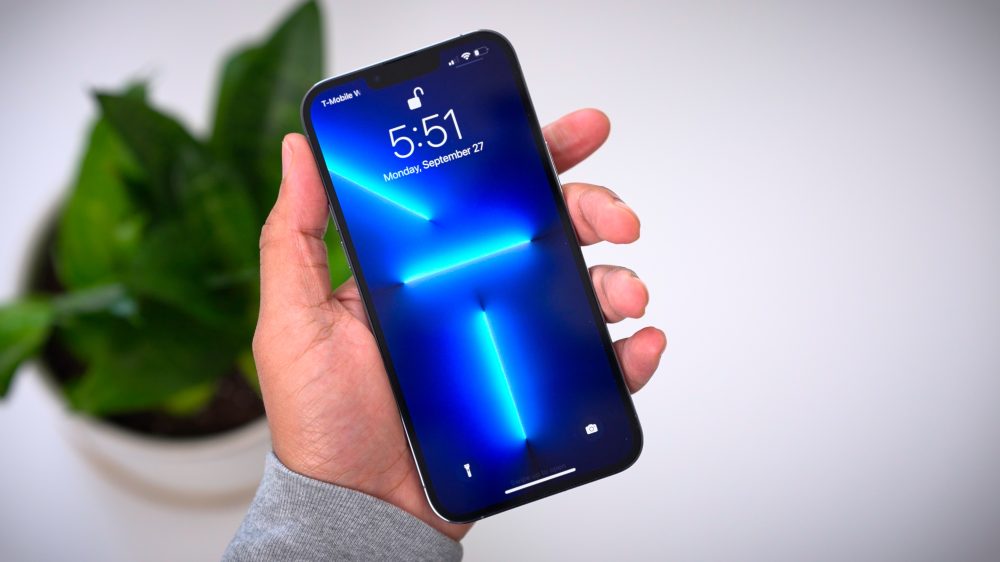
Apple @ Work is brought to you by Jamf, the only company in the world that provides complete management and security solutions that are enterprise secure, consumer simple, and protect personal privacy. Today, more than 62,000 organizations trust Jamf to manage and secure more than 27 million devices worldwide. Learn more.
Now that Apple’s World Wide Developers Conference has come and gone another year, the summer news cycle will all be about iOS 16, the new features for macOS, what’s new with Apple TV, and rumors about the upcoming fall device releases. Those who manage Apple devices at work will be a season of testing, testing, and more testing. Apple’s old device support commitment with software updates for years to come has been part of the reason iOS and macOS have remained one of the most secure computing platforms.
About Apple @ Work: Bradley Chambers managed an enterprise IT network from 2009 to 2021. Through his experience deploying and managing firewalls, switches, a mobile device management system, enterprise-grade Wi-Fi, 100s of Macs, and 100s of iPads, Bradley will highlight ways in which Apple IT managers deploy Apple devices, build networks to support them, train users, stories from the trenches of IT management, and ways Apple could improve its products for IT departments.
Apple’s old device support commitment is essential for security

All modern computing devices act as a functional cloud remote control. Yet, so little of our device interactions are done with offline tools. Even apps like Microsoft Word and Excel save data to OneDrive as you work. The context of being “offline” almost doesn’t exist thanks to hotspots from cellphones.
With that reality, devices are always at risk of being breached/hacked. Your device is always at risk when you’re always online. Apple is continually working to stay ahead of the various threats on the internet. In the past six months, we’ve seen two significant threats hit the internet: Log4Shell and Spring4shell. These types of events seem to be happening with more and more frequency. As Apple becomes more entrenched in the enterprise, it’s even more important that Apple devices remain extremely secure. Apple Pay, Apple Health, Digital ID, iMessage, etc. This information is all at risk if Apple doesn’t stay ahead of hackers. If Apple cut off old devices after just a few years, many devices that are still usable (especially in the era of Apple Silicon) could be at risk.
Supporting older devices isn’t easy
There are years when Apple releases new features for iOS and macOS that don’t make their way to older devices. Sometimes, the reality is the features are too challenging to bring to older devices without as much RAM or processing power. Other times, holding these features back is about driving upgrades – and that’s okay as well. Either way, Apple continually releases security updates for older devices, though. If you talk to anyone who develops software for iOS and macOS, they’ll tell you that supporting older devices with their apps isn’t always easy. Imagine how Apple’s internal developers feel about older devices? It likely is highly challenging to keep older devices updated year and year. It would be much easier to cut them off after three years, but we see the opposite. iOS 15 supported the original iPhone SE and the iPhone 6s. These devices were released in 2016 and 2015. If that doesn’t show Apple’s commitment to supporting older devices with security updates, I don’t know what will. For IT professionals looking to keep their fleet secure, Apple’s old device support commitment is critical.

Apple @ Work is brought to you by Jamf, the only company in the world that provides complete management and security solutions that are enterprise secure, consumer simple, and protect personal privacy. Today, more than 62,000 organizations trust Jamf to manage and secure more than 27 million devices worldwide. Learn more.
FTC: We use income earning auto affiliate links. More.




Comments